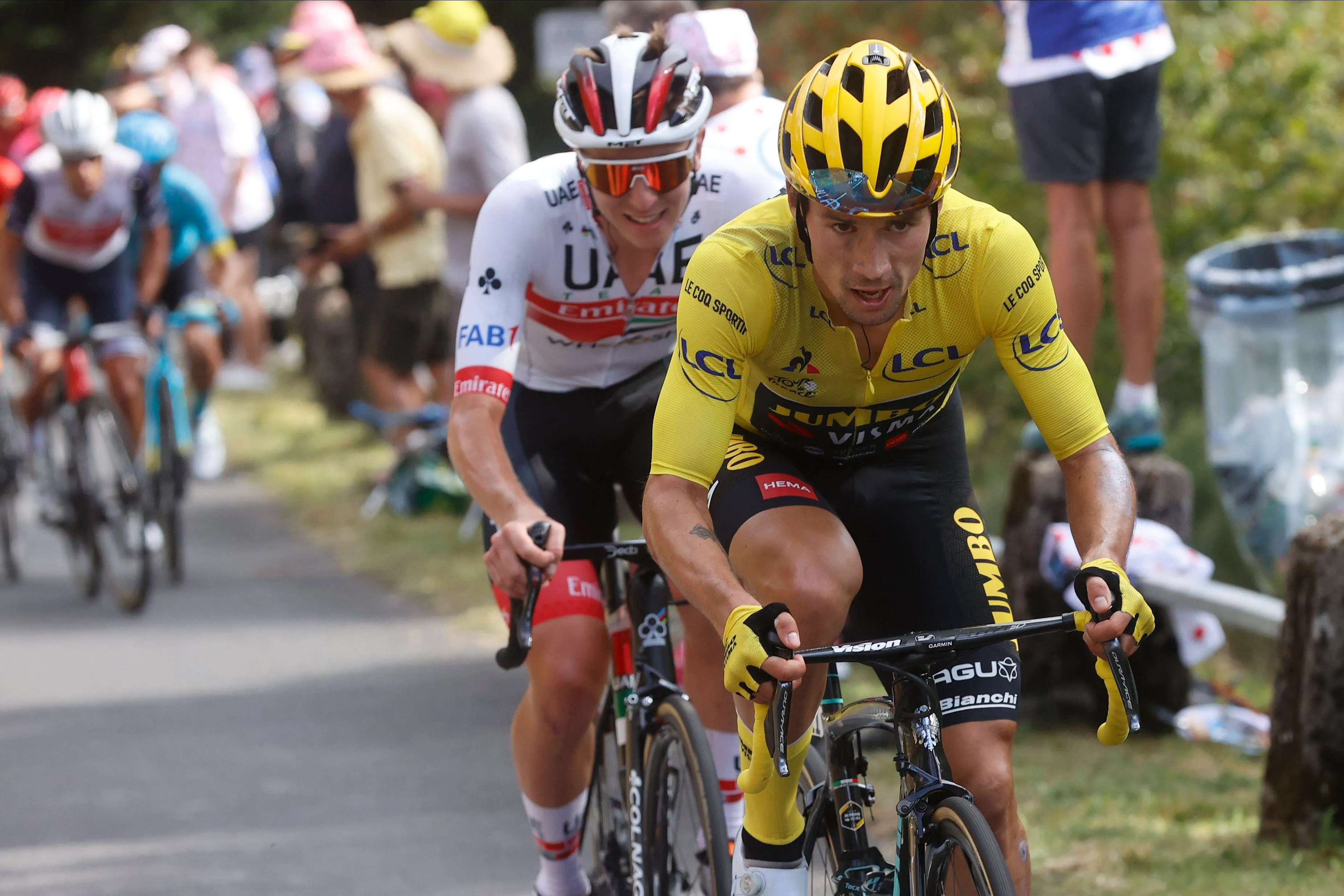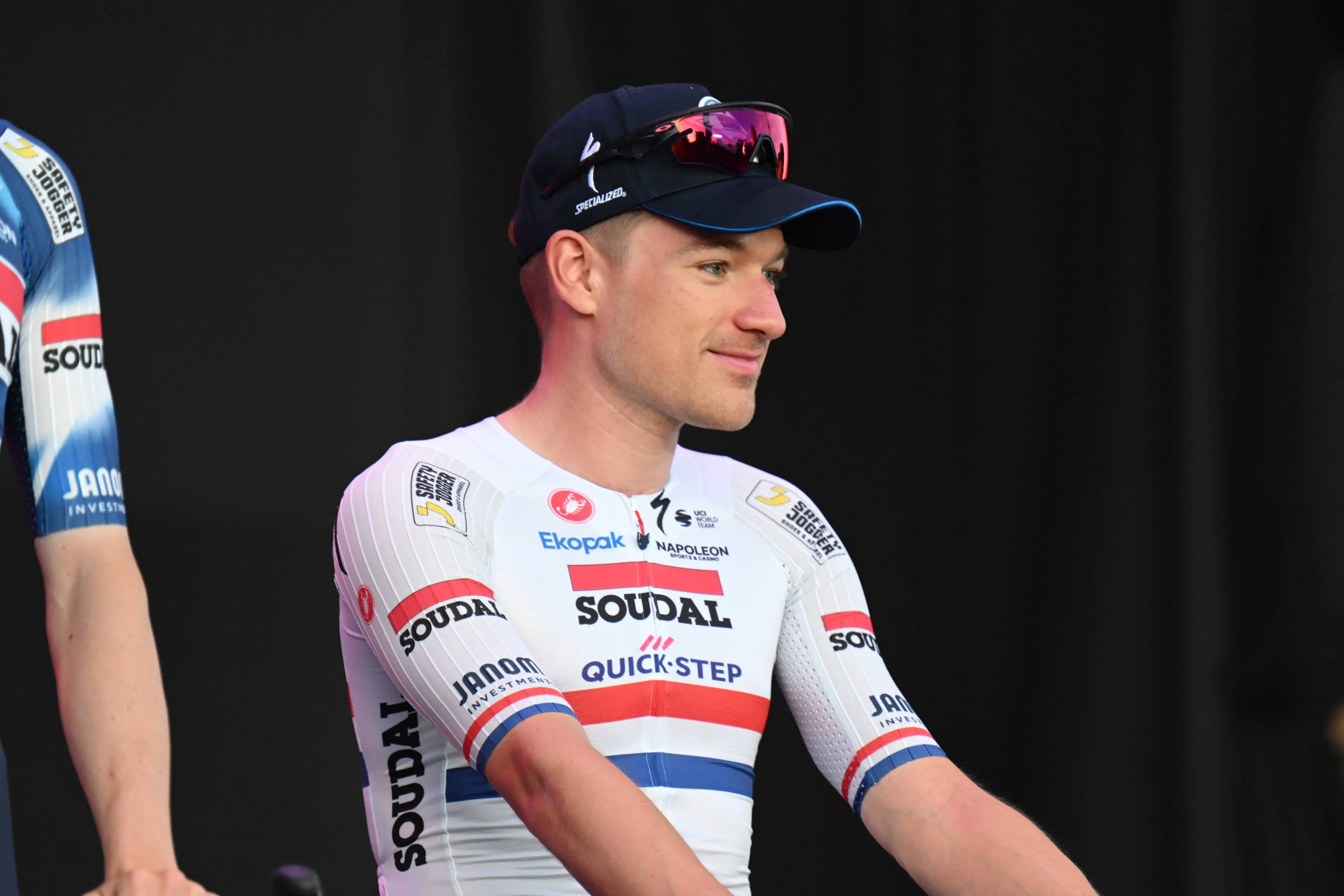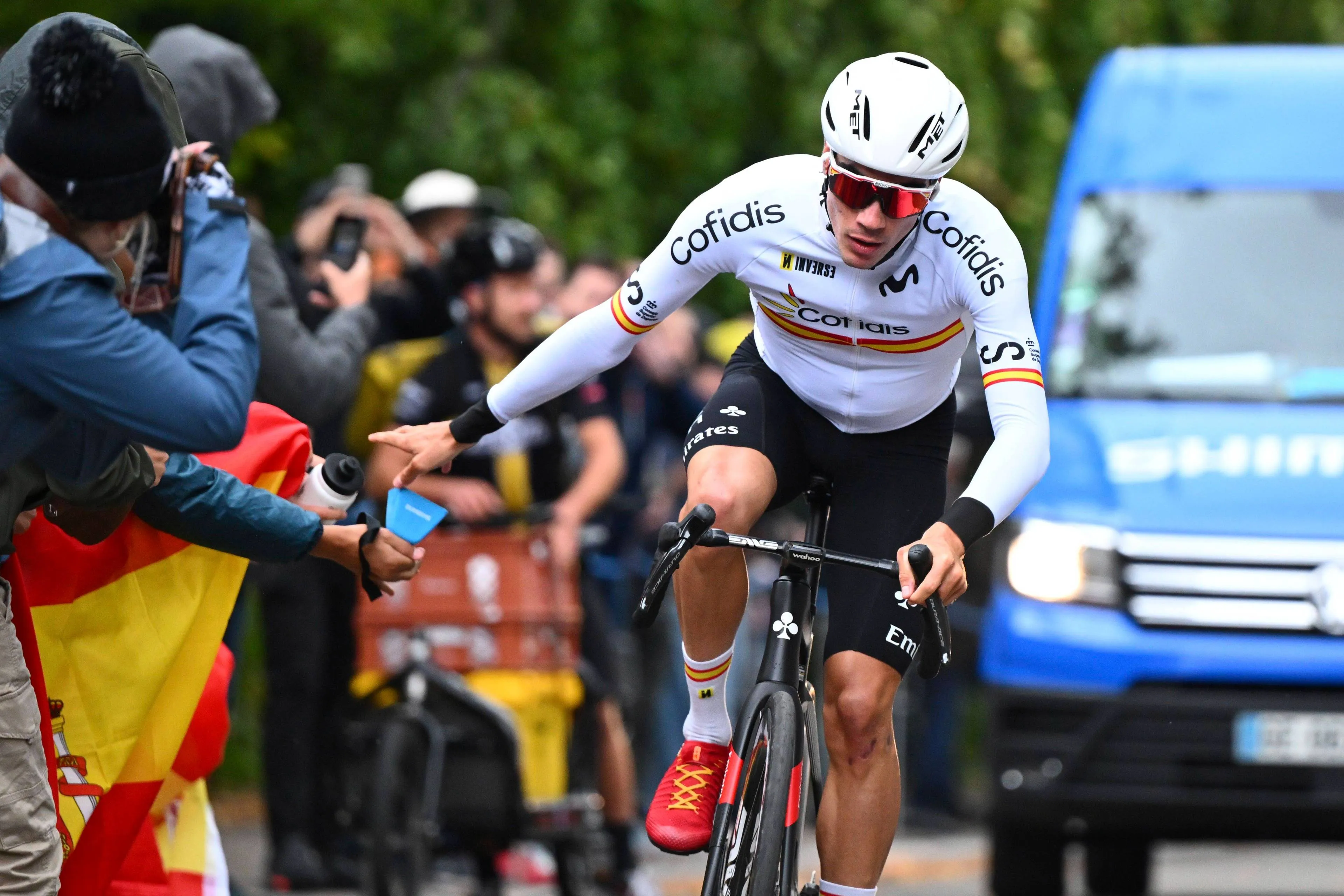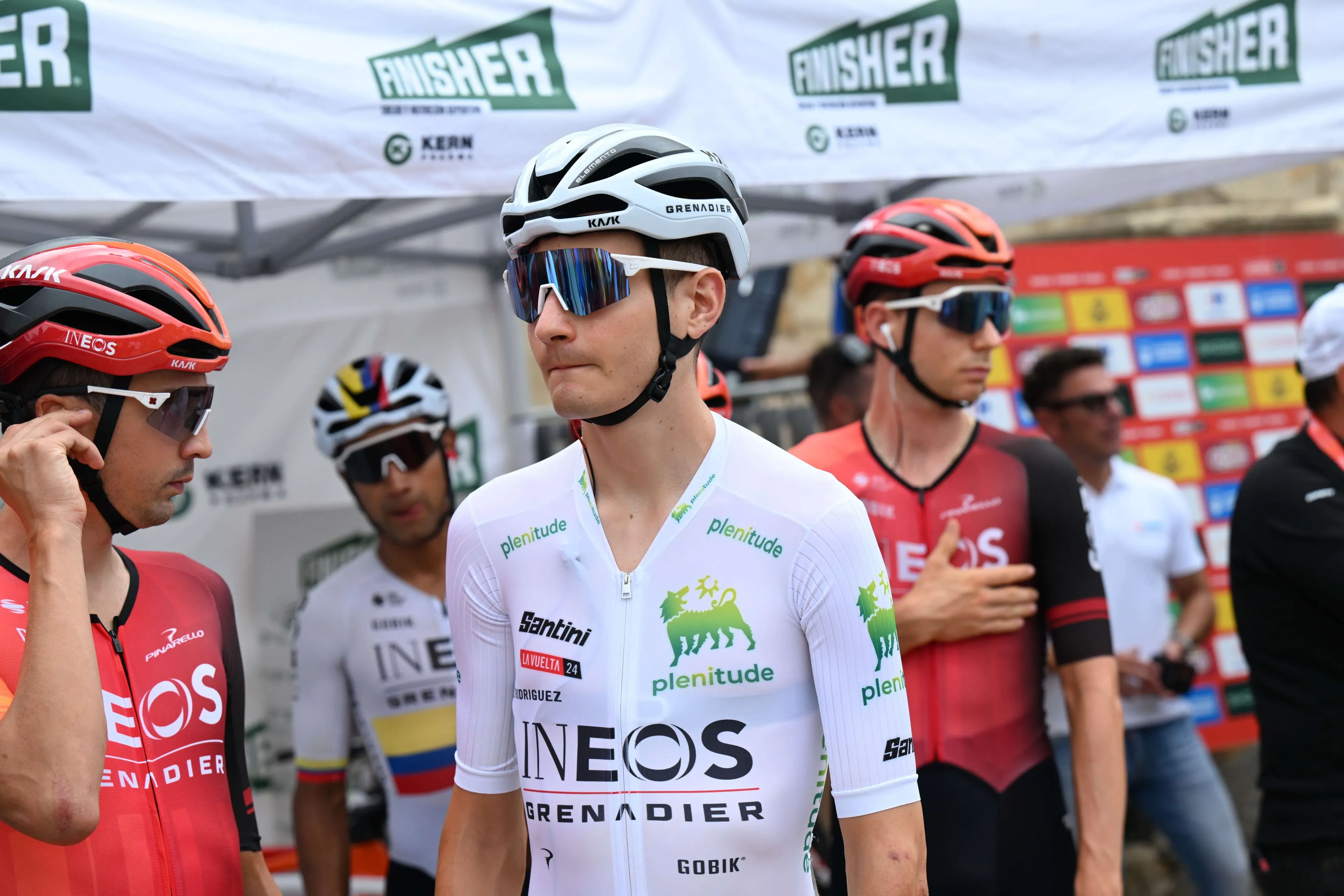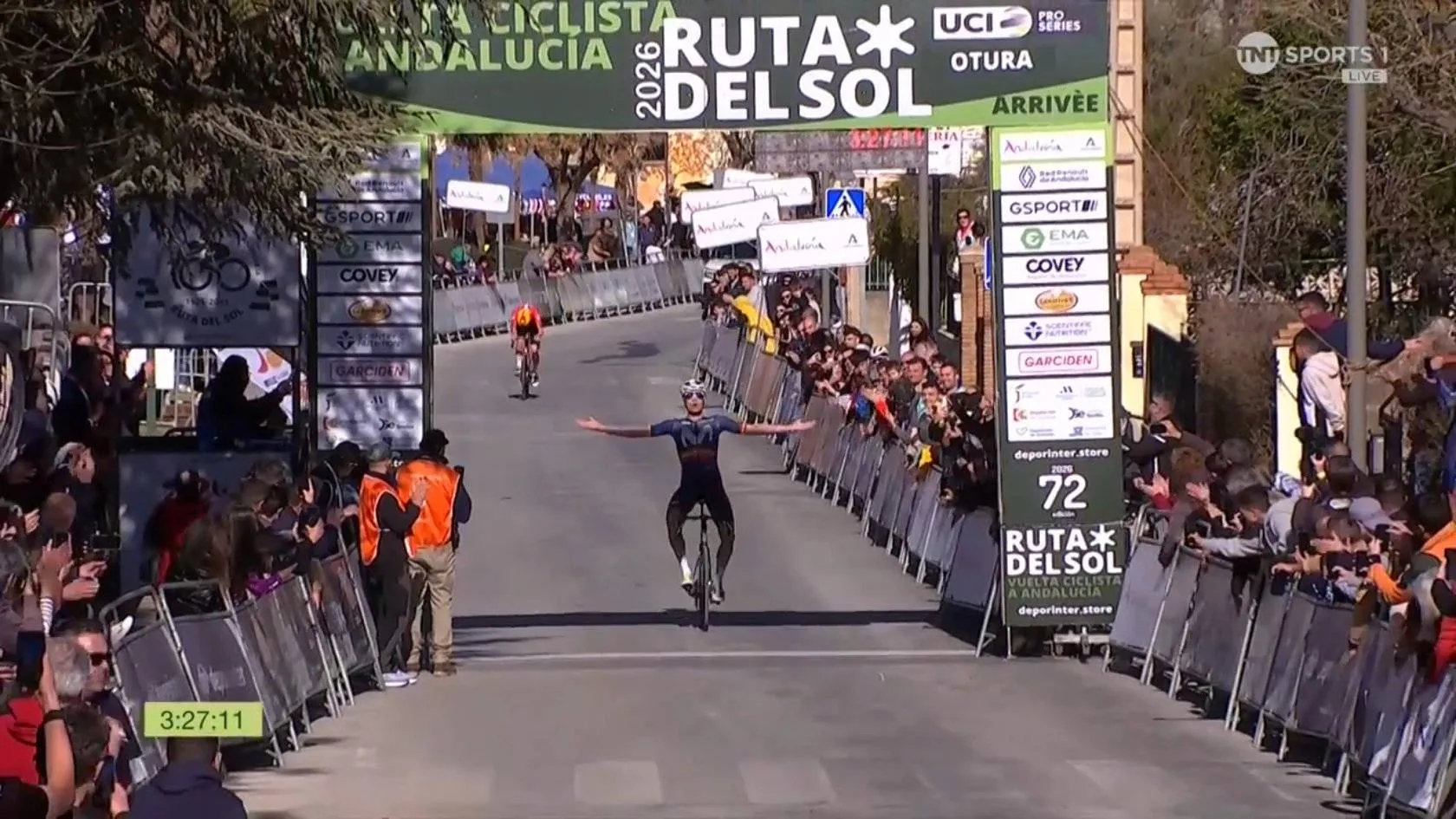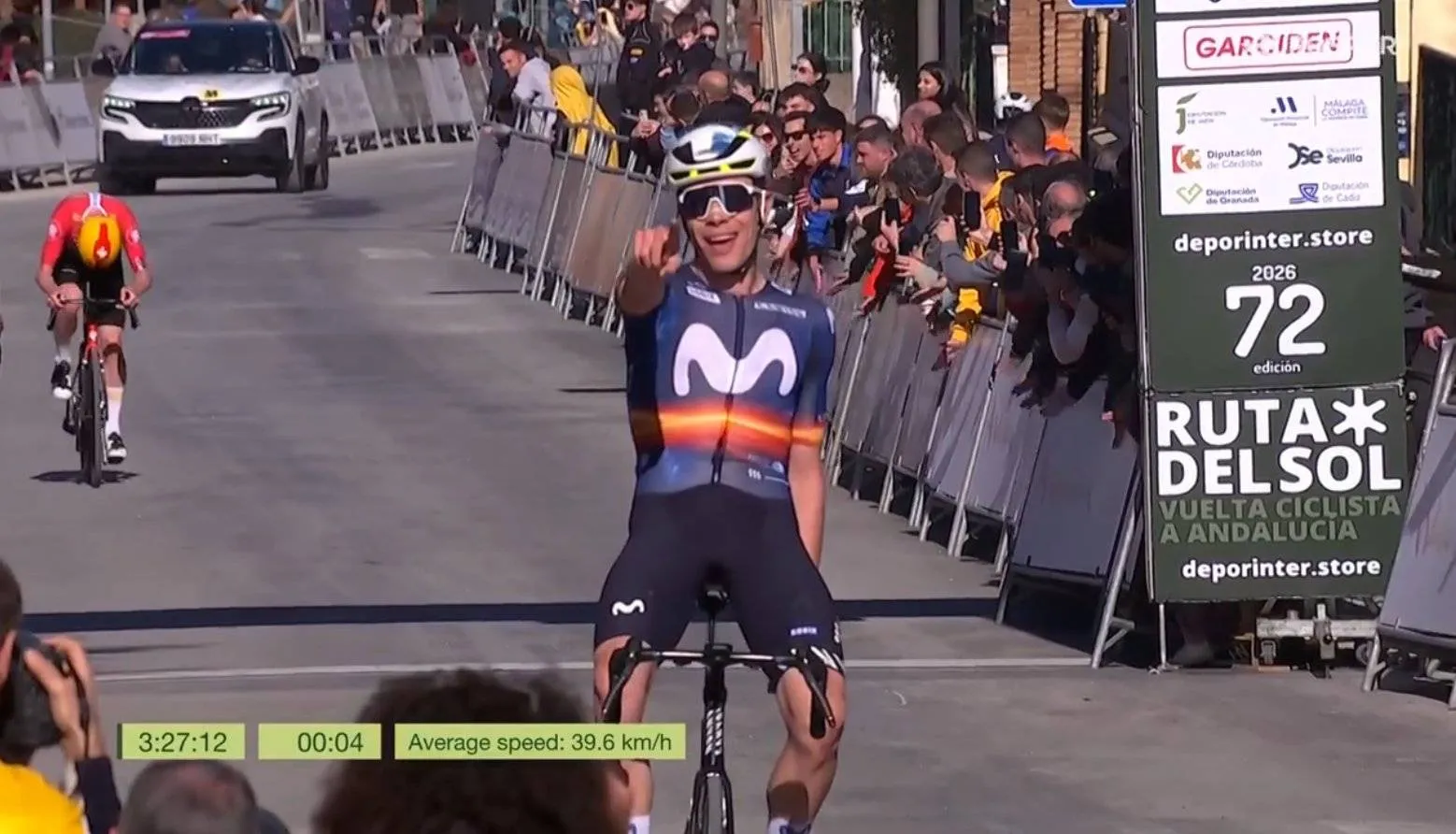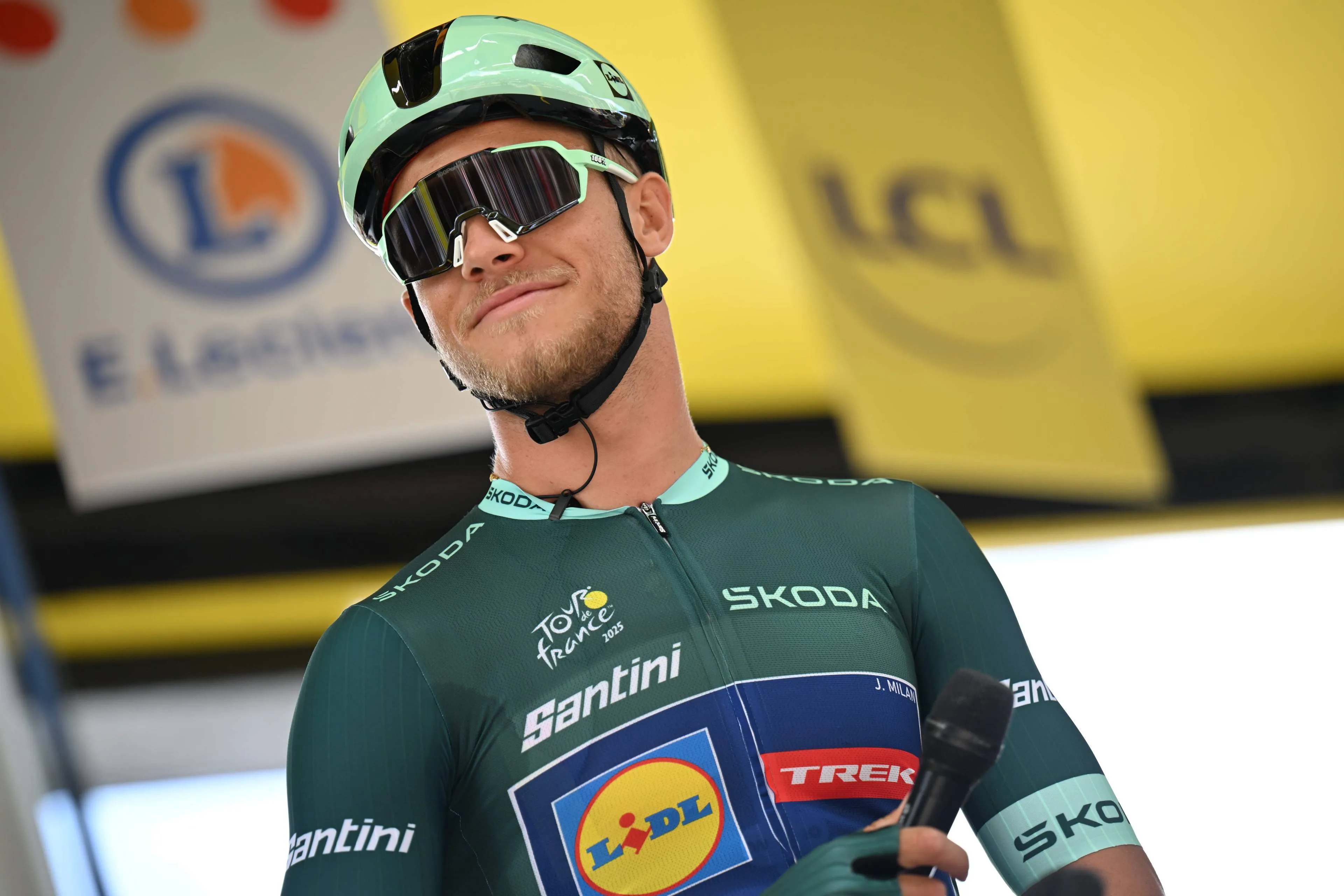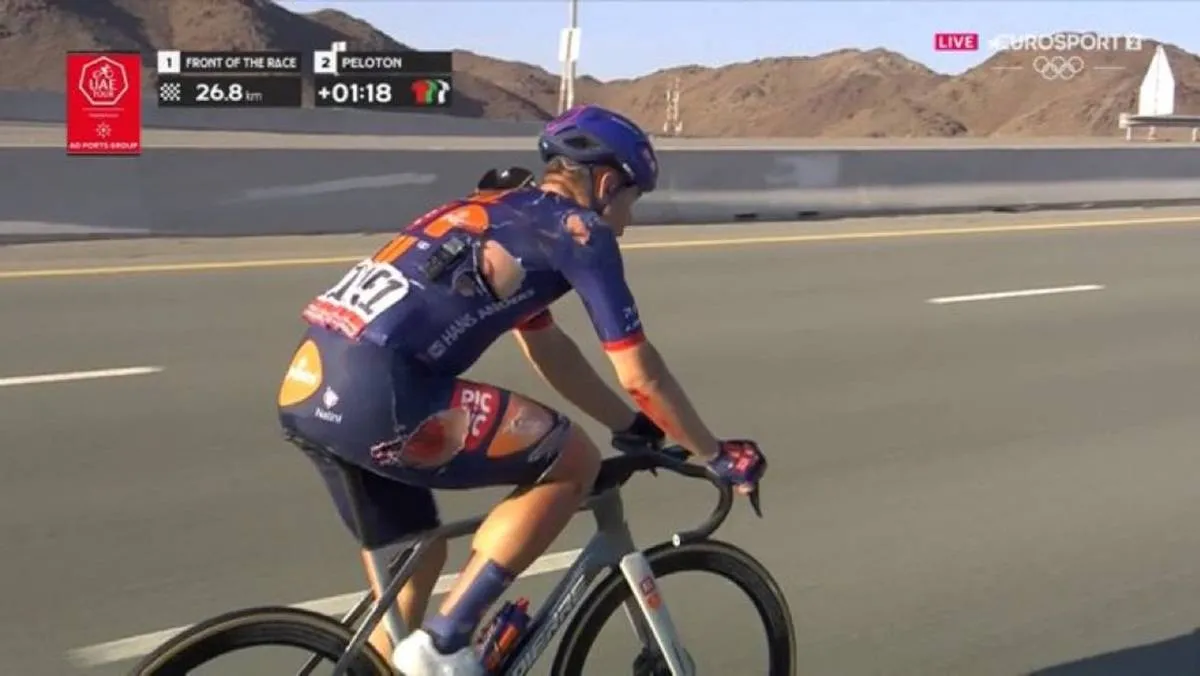“It’s not a game, it’s a fight” - Lotto CEO Stephane Heulot lifts lid on brutal cycling sponsorship race
CyclingSaturday, 28 June 2025 at 09:00
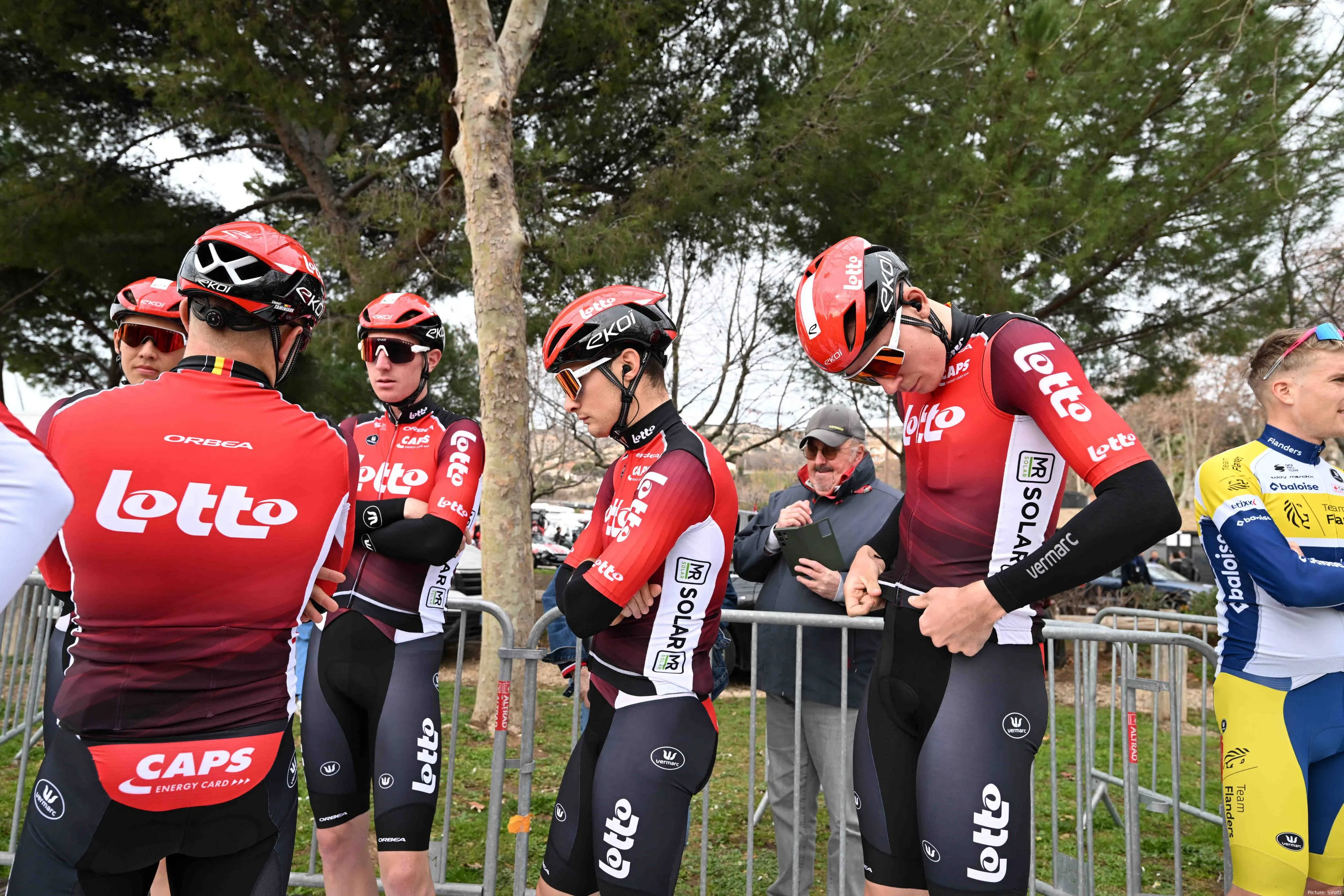
To the outside world, professional cycling is a sport
defined by drama, battles and most importantly: passion. But behind the
spectacle is a harsh financial reality, as Lotto CEO Stephane Heulot has
revealed in a remarkably frank interview with Wielerflits. The team is
fighting for both results and survival, caught in a sponsorship arms race that
has only intensified as the cost of racing climbs and economic uncertainty
lingers.
“There are a number of very nice names on the table, but
nothing has been finalized at the moment. I am very busy with sponsors, but it
is clear that there are increasing costs in the peloton because of inflation,”
Heulot said.
Read also
While his team is in a strong position on the road, almost
guaranteed promotion to the WorldTour, Heulot painted a stark picture of the
off-road battles. “You also see what's going on in the world right now, right?
A lot of companies are affected by that. Sports sponsorship is therefore not
the top priority for many of those companies.”
Heulot’s comments reflect a broader truth across
professional cycling: outside a few super-teams with state or tech-sector
backing, most squads operate on precarious finances. Heulot admits Lotto aren’t
close to matching WorldTeam budgets.
“It is very difficult to fight with the biggest teams, but
even with the budget that we have or are aiming for, we can still do nice
things. Ideally, we want to end up with the average budget of a WorldTeam, but
that is not easy. Today we are not even halfway there.”
Read also
Even the act of negotiation, he says, is now intensely
competitive. “There are also examples of situations in which we are talking to
a sponsor, but suddenly other teams appear and steal the sponsor if we let the
talks drag on for too long. It is not a game, it is a fight.”
This battle is not just financial, it’s also structural.
Heulot is clear-eyed about the growing disparity in cycling, with wealthier
teams like UAE Team Emirates - XRG able to field multiple Grand Tour
contenders. “We see a team like UAE Team Emirates - XRG, who have five riders
in their selection for the grand tours who can win. I don't think that such a
situation is interesting for the spectators to see. Then there is no battle.”
The comments strike at a key tension in modern cycling: as
big teams become stronger, the unpredictability that makes the sport compelling
could be lost. And with fewer sponsors to go around, the middle-tier teams are
under increasing strain, and are typically competing against each other for the
sponsors.
Read also
That makes identity and long-term strategy all the more
important. “When I look at our own team, it's important to stay true to our
values and our DNA. And that's clearly our focus on young riders. We don't aim
to buy a rider who is in the top five in the world, but we can develop a future
top five rider.”
Lotto’s record supports that claim. Riders like Arnaud De
Lie, Maxim Van Gils and Lennert Van Eetvelt have broken through with the team’s
support. “This year was not a good example, but in 2023 and 2024 we have proven
that with that strategy we can be amongst the top 10 teams in the world,”
Heulot said.
As the team prepares to return to the WorldTour, Heulot
remains cautiously optimistic. “I am optimistic. Ultimately, the most important
thing at the moment is that we continue to do well in the WorldTour ranking. We
will almost certainly be promoted to the WorldTour and as far as the sponsor is
concerned, I remain positive.”
Read also
claps 2visitors 2
Just in
Popular news
Latest comments
- Then you carry on if that's what makes you happyslappers6619-02-2026
- Fabio cannot catch a break.mij19-02-2026
- OK, today is the "air conditioner"... yesterday was a cramp... on saturday a bee will sting him in his tongue... his tongue will swell up and mustafa gets no oxygen. Because of his swollen tongue, Remco won't be able to give us a new excuse. Remco and the spanish rat Ayuso should be on the same team. They both have a ton of excuses and both of them are liars. Ad acta.Mou-Cro-HR19-02-2026
- Florian Lipowitz is secretly happy
 Rafionain-Glas19-02-2026
Rafionain-Glas19-02-2026 - The crucial thing to remember is that Remco was broken by the pace of Gall and Tiberi, not Del Toro's. Remco's excessive antics are because he doesn't want anyone to think that he's 'genuinely' struggling. You can always say 'he got cramps' because 'his preparation didn't go to plan', but the thing is that there is a limit to the number of excuses and exceptions that there can be. Eventually everyone just accepts that he's reached his ceiling on the climbs.
 Rafionain-Glas19-02-2026
Rafionain-Glas19-02-2026 - Bahraini suspicious..Santiago19-02-2026
- The problem is, a British 'boss' opening the gates, when the native workers not wanting them!
 leedorney19-02-2026
leedorney19-02-2026 - Who is overrating him on climbs? Everyone knows since ages it’s his weakness and needed years of work. Question us if he can do enough about it. For sure he won’t be able to improve his TT enough to compensate.Mistermaumau19-02-2026
- What do you call only seeing someone’s positives?Mistermaumau19-02-2026
- Remco banging his leg, just like he banged his saddle when pog dropped him. He ain't fooling anyone with those antics. I'm not a hater, but he's a bit overrated on serious climbs.Santiago19-02-2026
Loading
Write a comment
